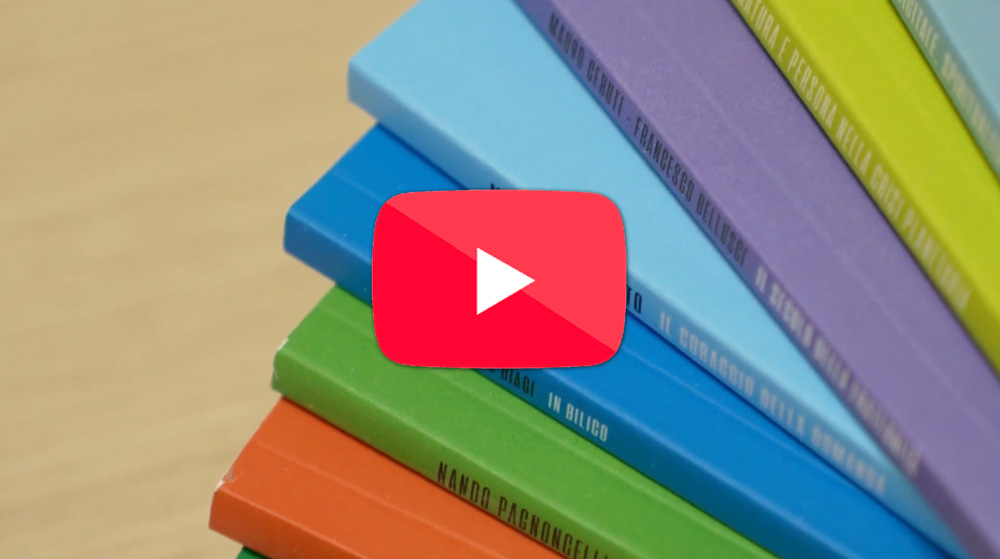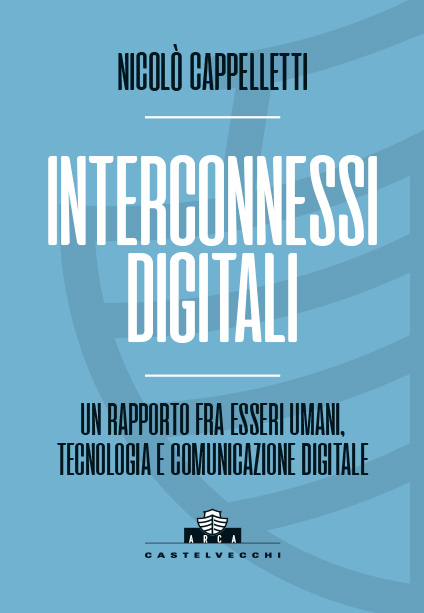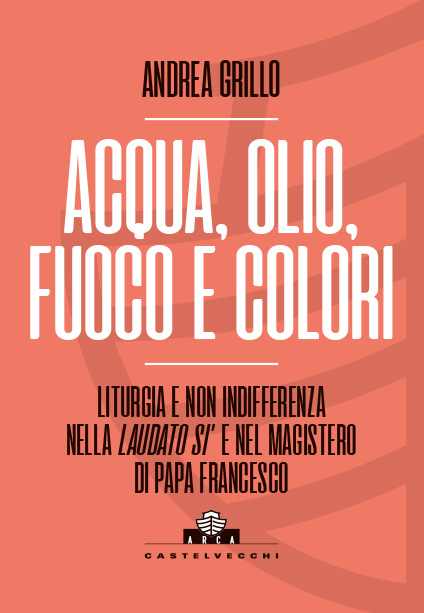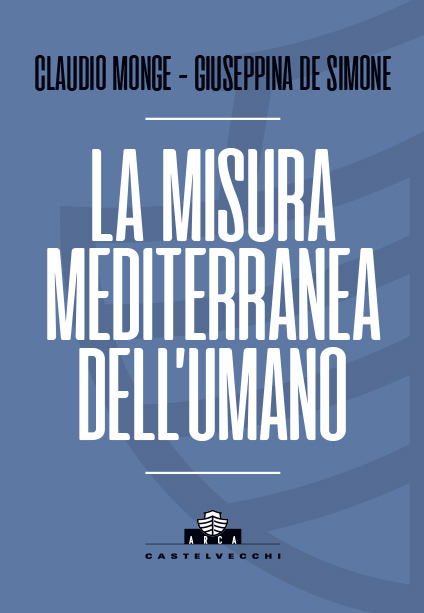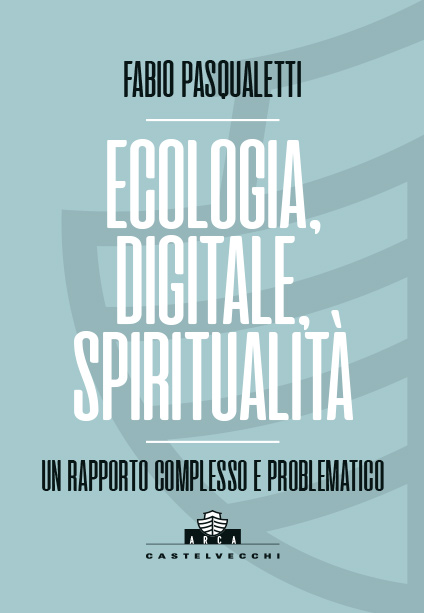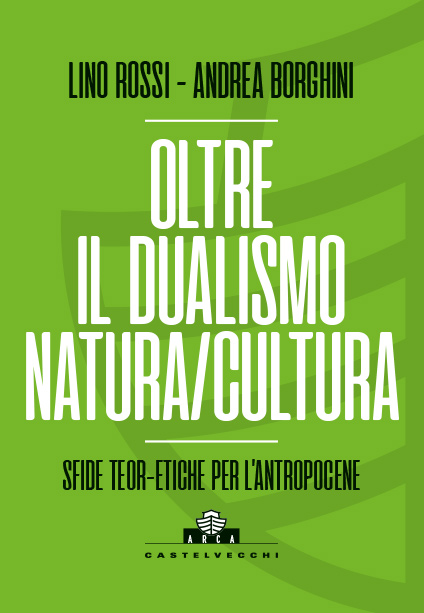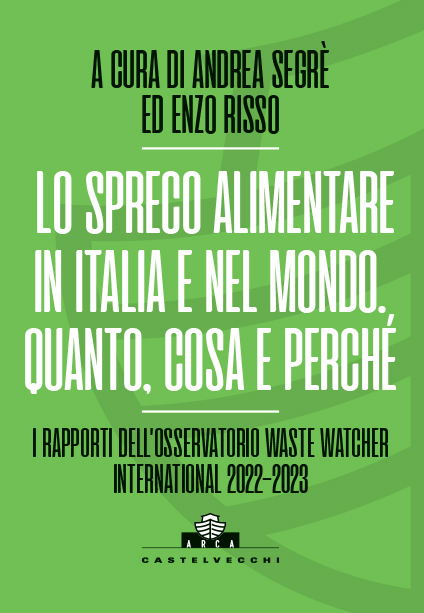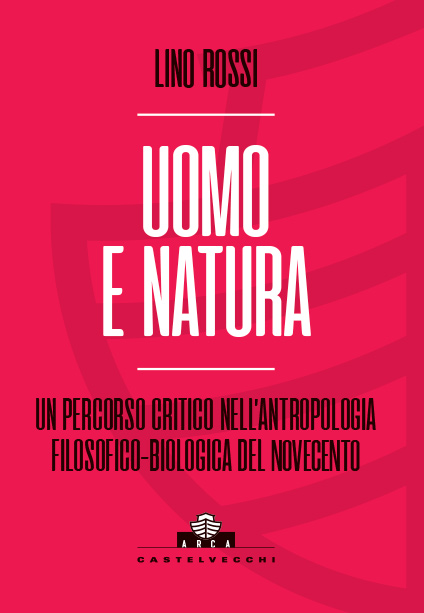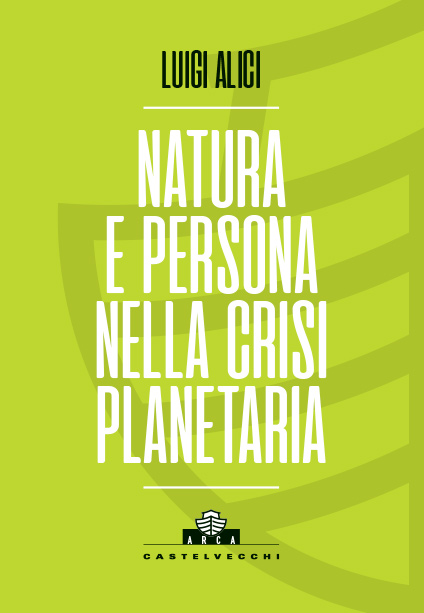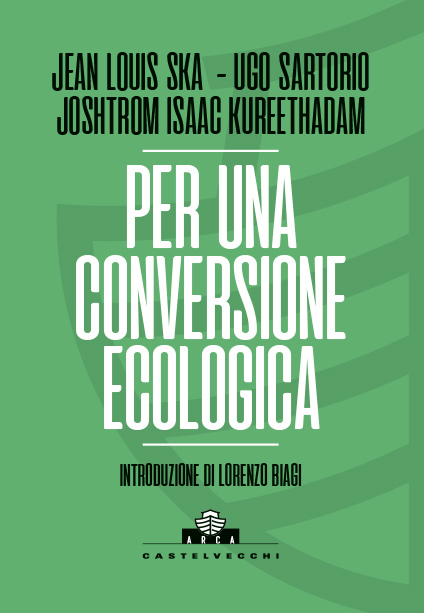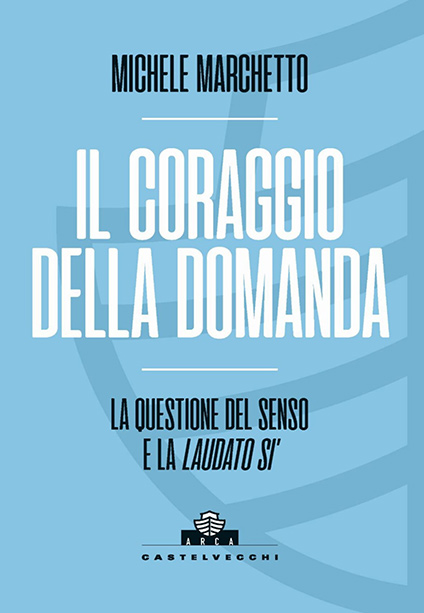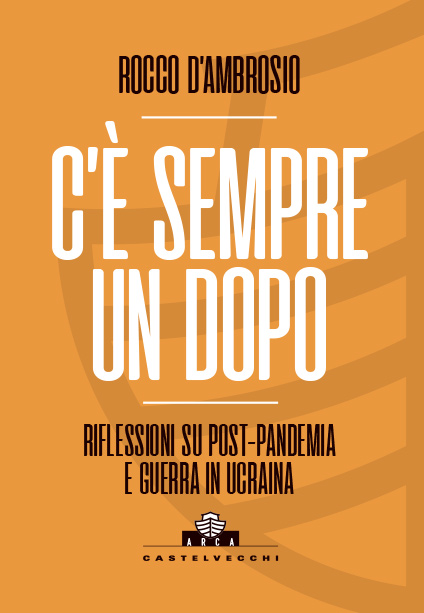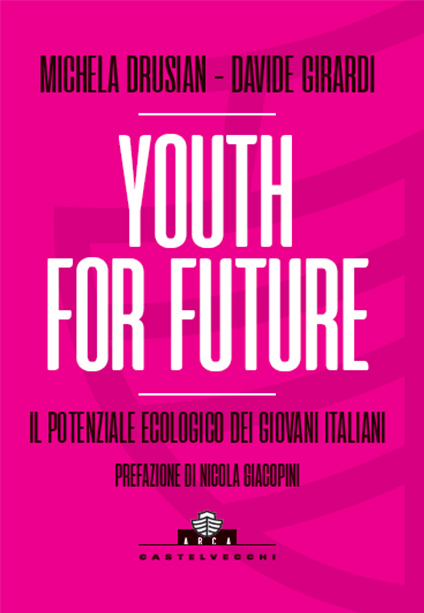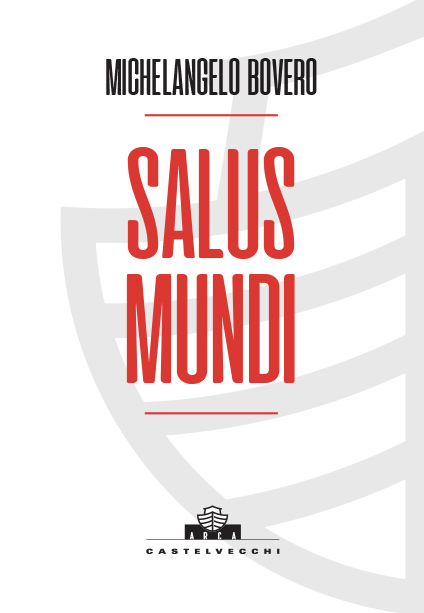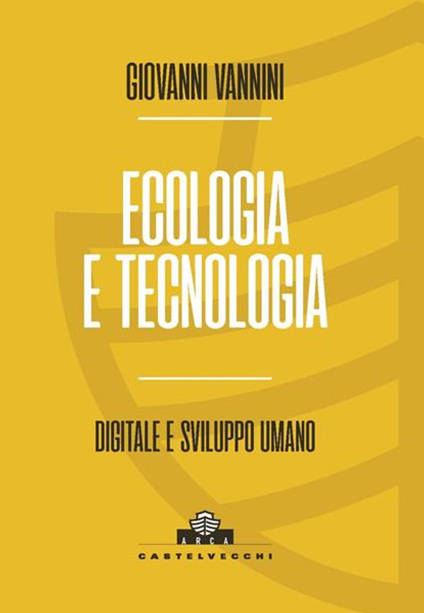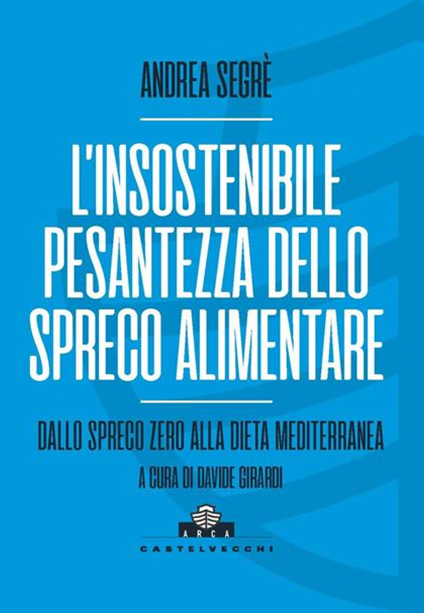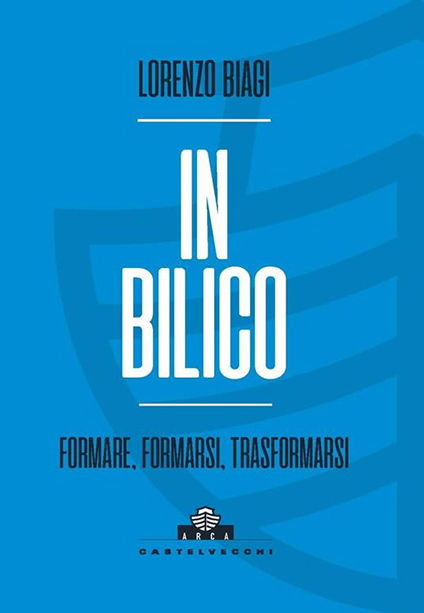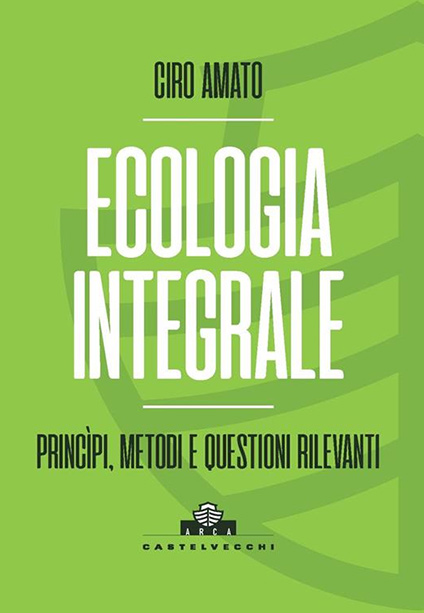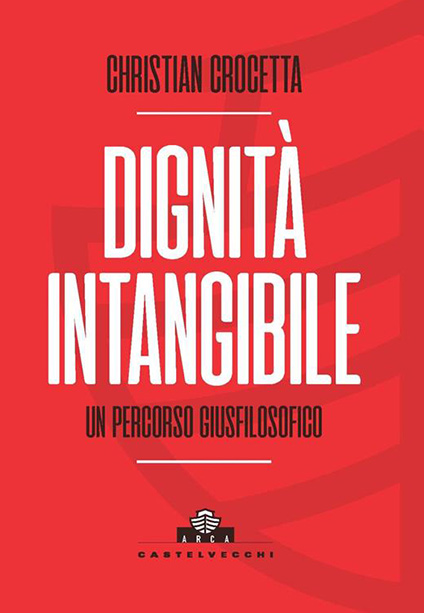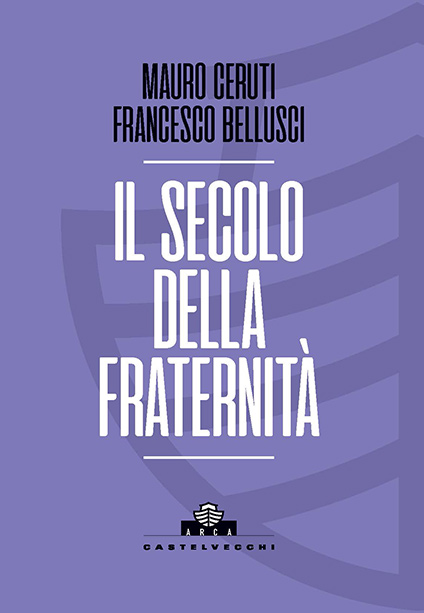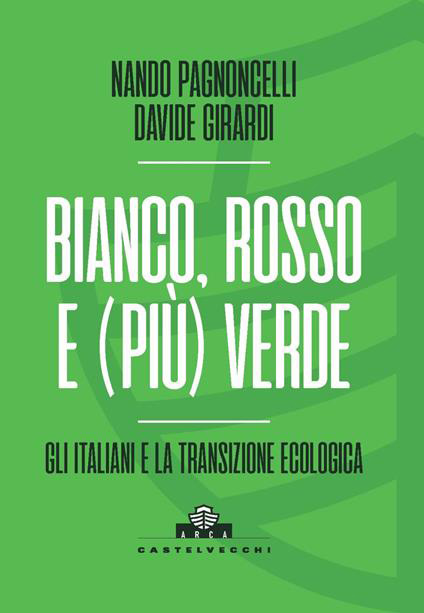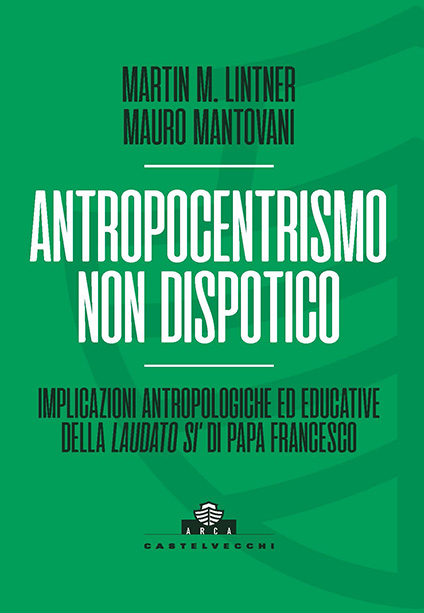Titolo: Media ed ecologia integrale. Complessità e responsabilità
Tipo di pubblicazione: articolo
Anno di pubblicazione: 2022
Autore: Giovanni Vannini
Rivista: IUSVEducation #19
Pagine: 52-65
Data di pubblicazione: aprile 2022
Editore: IUSVE – Istituto Universitario Salesiano
ISSN: 2283-642X
Come citare: Vannini, G. (2022). Media ed ecologia integrale. Complessità e responsabilità. IUSVEducation, 19, 52-65. https://www.iusveducation.it/media-ed-ecologia-integrale-complessita-e-responsabilita/
Parole chiave: media, tecnocrazia, antropocentrismo illuminato, onlife, ecologia integrale dei media
Paper PDF: IUSVEducation_19_Vannini_Media ed ecologia integrale.pdf
Abstract:
Nell’ultimo secolo e mezzo i media hanno attraversato tre evoluzioni. Nella prima fase (mass media), i media di massa hanno plasmato «i processi mentali e i modelli sociali delle masse» (Bernays 1928: 9), offrendo a «un numero relativamente piccolo di persone» (ibidem) il potere di governare l’essere umano, trasformato in un «moderno consumatore, le cui possibilità di gusto sono orientate dalla produzione in serie, dalla réclame e dalla tecnica delle vendite» (Guardini 1954: 153). Nella seconda fase (media ecology), i media sono divenuti ‘environment ’, in quanto «esistono tra noi e il nostro ambiente, essenzialmente divenendo il nostro nuovo ambiente» (Rauch 2018: 59, citando McLuhan), capace di creare una realtà in cui la natura (inclusa la natura umana stessa) non è più contemplata. Nella terza fase (social media), quella dei media digitali, la tecnica ha consentito ai media di trasformare l’essere umano in una miniera di attività estrattive della coscienza per trarne profitto e potere. Mark Zuckerberg, fondatore di Facebook, è chiaro nel dire a chi spetta oggi il potere quando scrive che «abbiamo imparato a unirci […], dalle tribù alle città alle nazioni. […] abbiamo costruito infrastrutture sociali come le comunità, i media e i governi per permetterci di realizzare cose che non avremmo potuto fare da soli. […] Il progresso ora richiede che l’umanità si riunisca non solo come città o nazioni, ma anche come comunità globale. […] Facebook è qui per avvicinarci e costruire una comunità globale» (Zuckerberg 2017). Oggi Papa Francesco ci esorta ad avviare un radicale ripensamento del nostro essere media, un salto di paradigma. Non una quarta fase, ma un nuovo modo di vedere, giudicare e agire come persone e media, per un’ecologia integrale dei media, guidati da Laudato si’ e Fratelli tutti.
Media and integral ecology. Awareness and responsibility
Keywords: media, technocracy, enlightened anthropocentrism, onlife, integral media ecology
Abstract:
In the last century and a half, the media have gone through three evolutions. In the first phase (mass media), mass media have shaped «the mental processes and social patterns of the masses» (Bernays 1928: 9), offering «a relatively small number of people» (ibidem) the power to govern the human being, transformed into a “modern consumer, whose possibilities of taste are oriented by production» (ibidem), offering «a relatively small number of people» (ibidem) the power to govern the human being, transformed into a «modern consumer, whose possibilities of choice are oriented by mass production, advertising and salesmanship» (Guardini 1954: 153). In the second phase (media ecology), media have become “environment”, as they «exist between us and our environment, essentially becoming our new environment» (Rauch 2018: 59, quoting McLuhan), capable of creating a reality in which nature (including human nature itself) is no longer contemplated. In the third phase (social media), that of digital media, technology has allowed the media to transform the human being into a mine of extractive activities of consciousness in order to gain profit and power from it. Mark Zuckerberg, founder of Facebook, is clear about is clear about claiming the right to power today when he writes that «we’ve learned to come together […], from tribes to cities to nations. […] we built social infrastructures like communities, media and governments to empower us to achieve things we couldn’t on our own. […] Progress now requires humanity coming together not just as cities or nations, but also as a global community. […] Facebook stands for bringing us closer together and building a global community» (Zuckerberg 2017). Today Pope Francis is urging us to initiate a radical rethinking of us as media, a paradigm shift. Not a fourth phase, but a new way of seeing, judging and acting as a person and a media, for an integral media ecology, guided by Laudato si’and Fratelli tutti.











